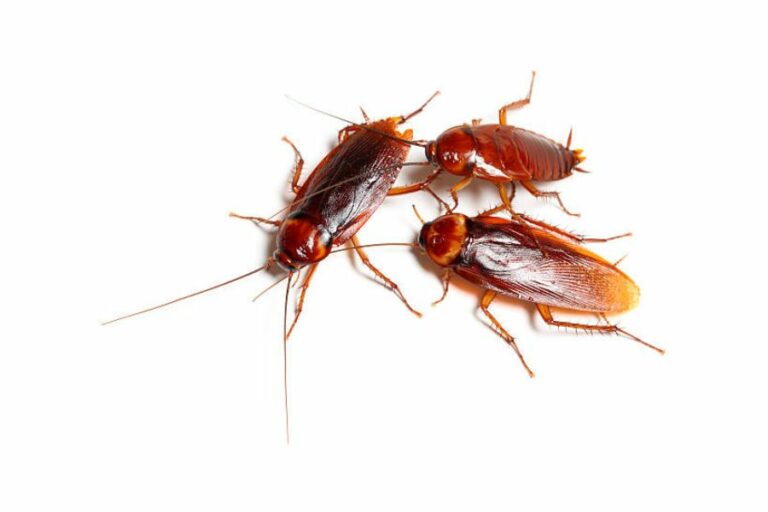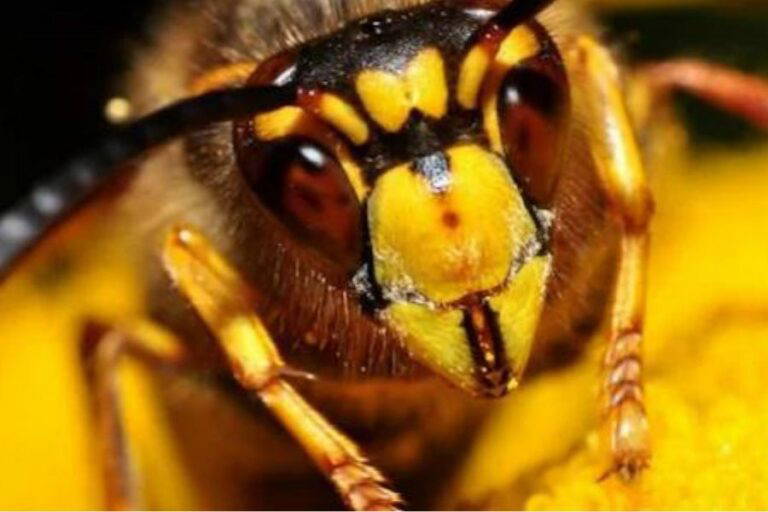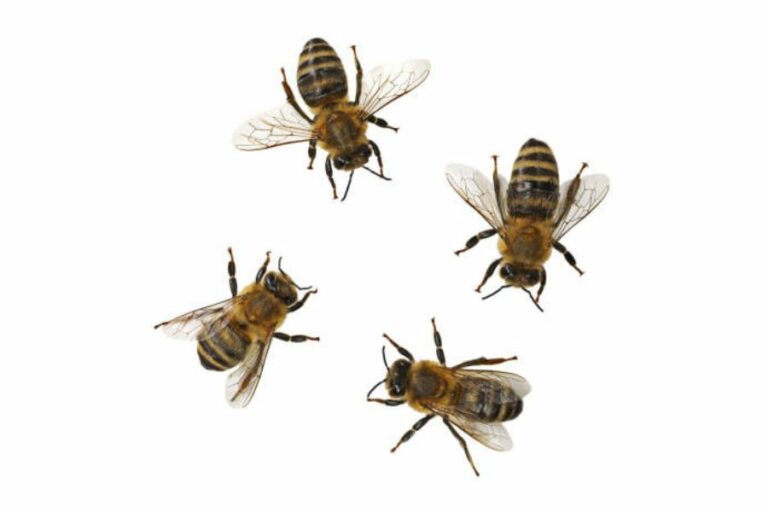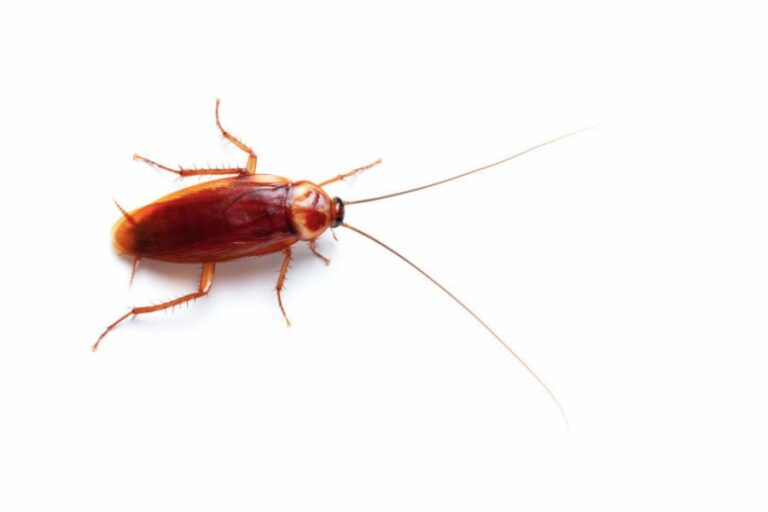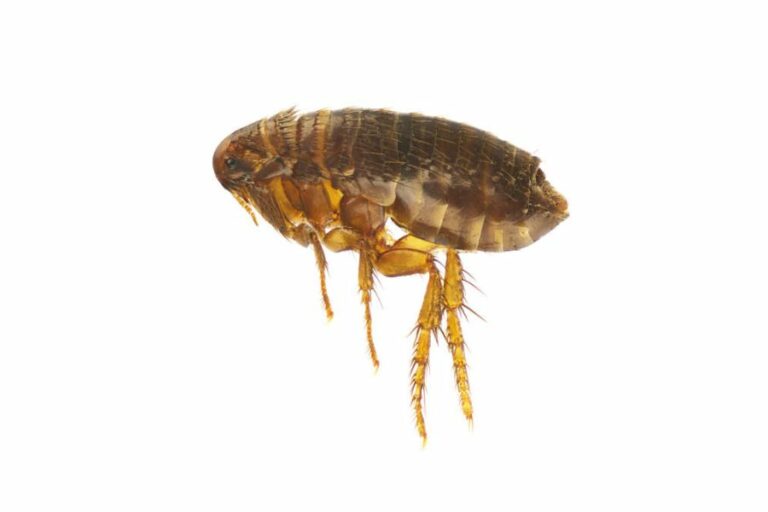Beetles: 8 Amazing Pest Control Answers
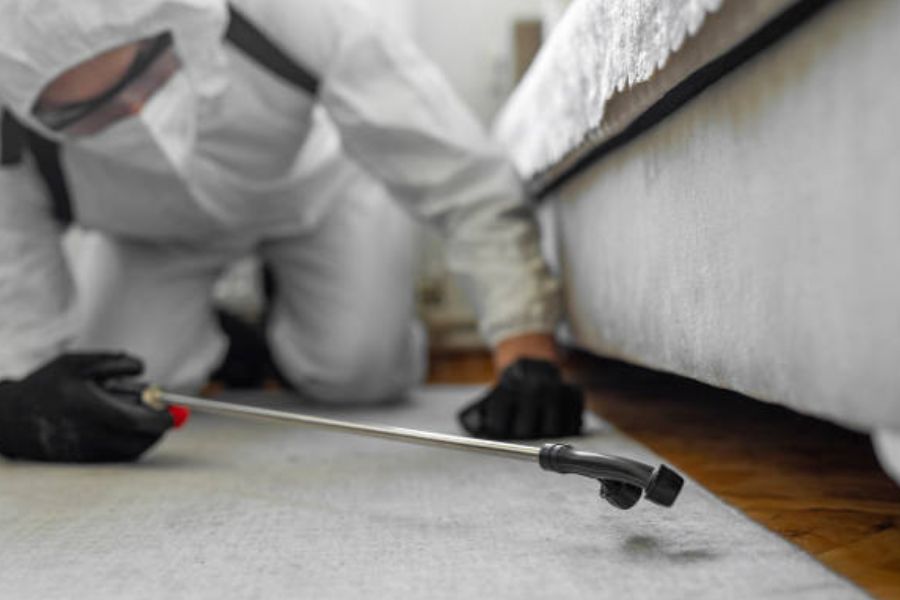
How do I identify beetle pests in my home or garden?
Physical Appearance:
- Body Shape: Beetles typically have a hard exoskeleton and distinct body shapes, which can be oval, elongated, or round.
- Size: Note the approximate size of the beetle, as it can vary significantly depending on the species.
- Colouration: Observe the beetle’s colour pattern, including any spots, stripes, or unique markings.
- Antennae and Legs: Examine the antennae length and leg structure, as these characteristics can vary among beetle species.
Habitats:
- Indoor or Outdoor: Determine whether the infestation occurs indoors, such as in your home or storage areas, or outdoors, in your garden or landscape.
- Active Periods: Note the time of year or specific seasons when beetles are most active, which can aid in accurate identification.
Behaviour and Damage:
- Pay attention to the behaviour and feeding patterns of the beetles. Different beetle pests exhibit varied feeding preferences. Some may chew on leaves, flowers, or fruit, while others may infest stored food, fabric, or wood.
- Observe the feeding patterns and the resulting damage caused by beetles. Certain species primarily feed on wood, while others specifically target plants, stored food, or fabric.
- Be vigilant for signs of beetle-induced damage, such as noticeable holes in leaves, the presence of grass (insect excrement), fabric that has been chewed, or the presence of wood shavings.
What are some common types of beetle pests found in households?
Familiarising yourself with common beetle pests is essential. Here are a few critical species known for their pestiferous behaviour:
- Carpet Beetles: These small, oval-shaped beetles can infest carpets, fabric, and stored food, causing damage.
- Japanese Beetles: Known for their metallic green bodies and copper-coloured wings, these beetles feed on a wide range of plants, causing extensive damage to foliage and flowers.
- Powder post Beetles: These wood-boring beetles attack seasoned wood, potentially causing structural damage over time.
- Colorado Potato Beetles: A significant concern for potato farmers and gardeners, these beetles feed on potato plants, defoliating them rapidly.
How do I get rid of carpet beetles?
When dealing with carpet beetles, it is essential to take proactive measures to control and eliminate them effectively. While DIY options can be helpful for mild infestations, severe or persistent infestations may require the expertise of professional pest control services. Here’s a step-by-step approach:
DIY Measures:
- Identify and locate infested areas in your home, focusing on damaged fabrics or shed skins.
- Thoroughly vacuum all affected areas, including carpets, rugs, furniture, and curtains.
- Launder or dry clean infested clothing and fabrics using high temperatures to kill carpet beetle larvae and eggs.
- Freeze infested items in sealed plastic bags for several days if washing is impossible.
- Seal and dispose of heavily infested items that cannot be salvaged.
- Implement regular vacuuming to remove any remaining beetles, larvae, or eggs.
Professional Pest Control Services:
- If the infestation persists or is severe, consider contacting professional pest control services for expert assistance.
- Pest control professionals will thoroughly inspect your home to identify all infested areas.
- They will employ specialised treatments and targeted insecticides to eliminate carpet beetles effectively.
- Professionals will provide ongoing monitoring and preventive measures to prevent re-infestation.
- By utilising their expertise, you can ensure a comprehensive and efficient solution to eliminate carpet beetles and protect your home from future infestations.
What are some effective do-it-yourself (DIY) options for controlling beetle pests?
Yes, there are DIY options for beetle pest control, such as physical removal, using neem oil or diatomaceous earth, encouraging beneficial insects, and implementing good cultural practices in your garden.
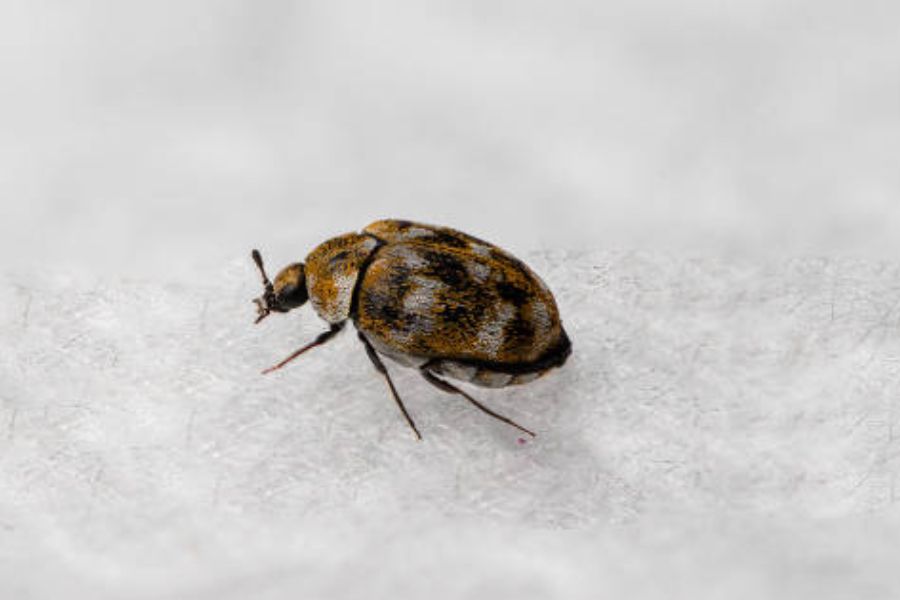
What are the most effective chemical treatments for beetle pest control?
Chemical treatments for beetle pest control include insecticides specifically formulated for beetles, such as pyrethroid-based insecticides that offer broad-spectrum control. Systemic insecticides, applied to soil or absorbed by plants, can provide long-lasting protection against feeding beetles. Wood preservatives are effective for wood-targeting beetles. It’s important to use chemical treatments judiciously and follow instructions carefully. Consider consulting a professional pest control expert to determine the most suitable treatment for your specific beetle pest problem, considering factors like the beetle species, the extent of the infestation, and potential risks. Integrated pest management approaches that combine non-chemical methods are encouraged for sustainable pest control practices.
How can I prevent beetle infestations in my home?
Implementing proactive measures is crucial to prevent beetle infestations in your home or garden. Here are some effective strategies for beetle pest control:
Cleanliness and Sanitation: Maintain a clean and clutter-free indoor and outdoor environment. Regularly vacuum and dust your home, paying particular attention to areas where beetles may hide, such as cracks, crevices, and stored food areas. Properly dispose of any organic debris in your garden, such as fallen leaves or plant debris, as they can attract beetles.
Exclusion Methods: Seal off any entry points that beetles could use to access your home, such as gaps in doors, windows, or utility openings. Repair or replace damaged window screens to prevent beetles from entering your living spaces. For gardens, consider using physical barriers, like netting or row covers, to protect plants from beetle damage.
Proper Storage of Food and Fabrics: Store food items, especially grains, cereals, and dry goods, in airtight containers to prevent beetle infestations. Inspect and clean your pantry regularly to identify any signs of beetles. Similarly, store fabrics in sealed containers to deter fabric-damaging beetles.
Outdoor Landscape Management: Maintain a well-groomed garden by regularly pruning and removing dead plants or foliage. Remove any decaying wood or fallen branches, as they can attract wood-boring beetles. Consider utilising natural predators of beetles, such as birds or beneficial insects, to help control beetle populations.
Integrated Pest Management (IPM): Implement an integrated approach to pest management that combines various techniques, such as cultural, biological, and chemical controls. This approach focuses on minimising pesticide use while effectively managing beetle pests.
What are the risks associated with beetle pests?
Beetle pests pose various risks that can impact both property and individuals. They can cause property damage by compromising the integrity of wooden structures and furniture. Certain beetles also target crops and plants, reducing yields and aesthetic deterioration. In addition, beetles infesting stored food can contaminate it, resulting in financial losses. Some people may experience allergies or skin irritation when in contact with certain beetles. Certain beetles can act as carriers of diseases or parasites, although this is uncommon. Beetle infestations can also have aesthetic and psychological impacts, causing distress and discomfort. Promptly addressing beetle infestations, preferably with professional pest control assistance, is essential to mitigate these risks and safeguard property and well-being.
Are there specific beetle species that are more difficult to control?
Yes, there are specific beetle species that can be more difficult to control compared to others. Examples include powderpost beetles, Asian lady beetles, carpet beetles, and bark beetles. Factors such as their behaviour, habitat preferences, and reproductive capabilities contribute to the challenges in controlling these species. Professional pest control services can provide expertise and tailored solutions for effectively managing infestations of these difficult-to-control beetles.
